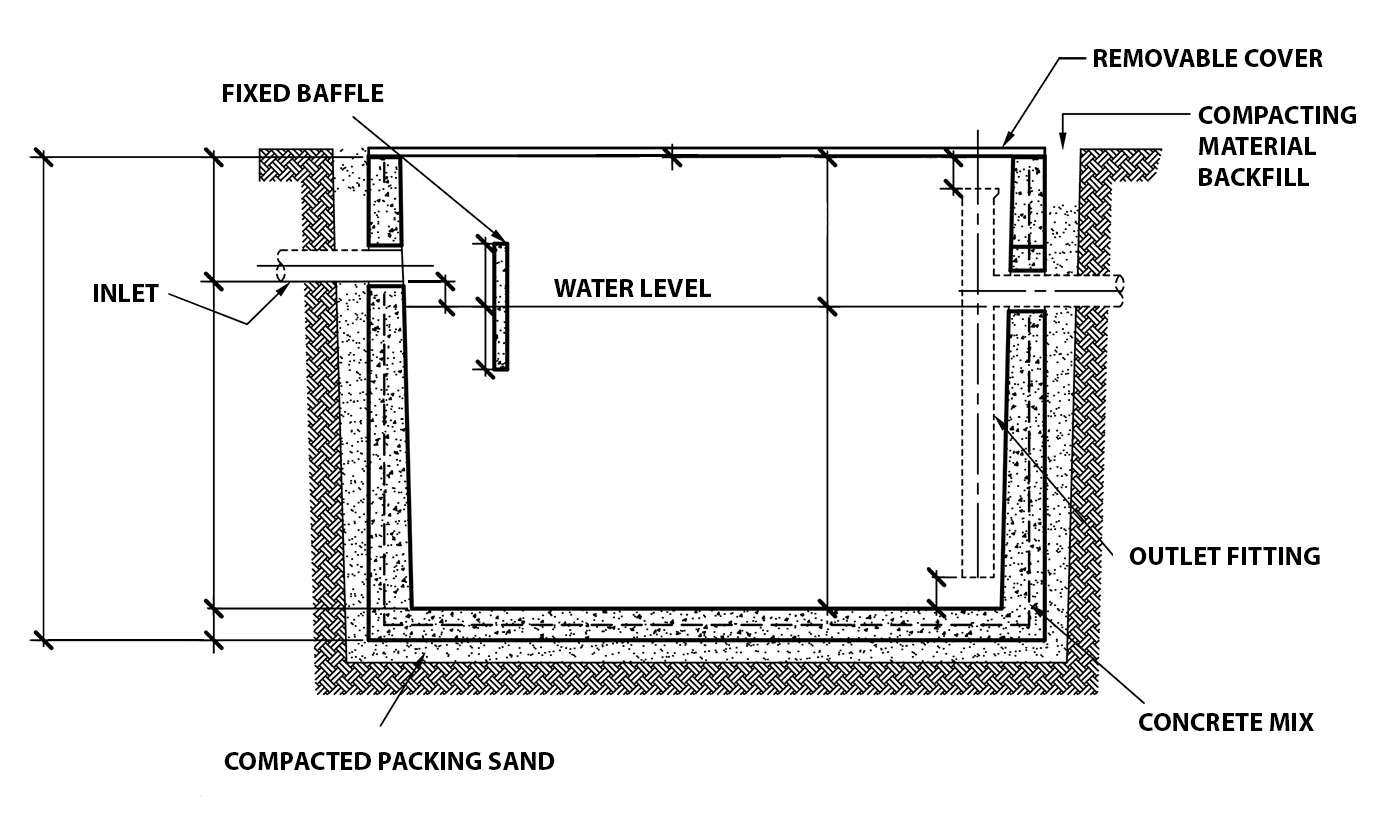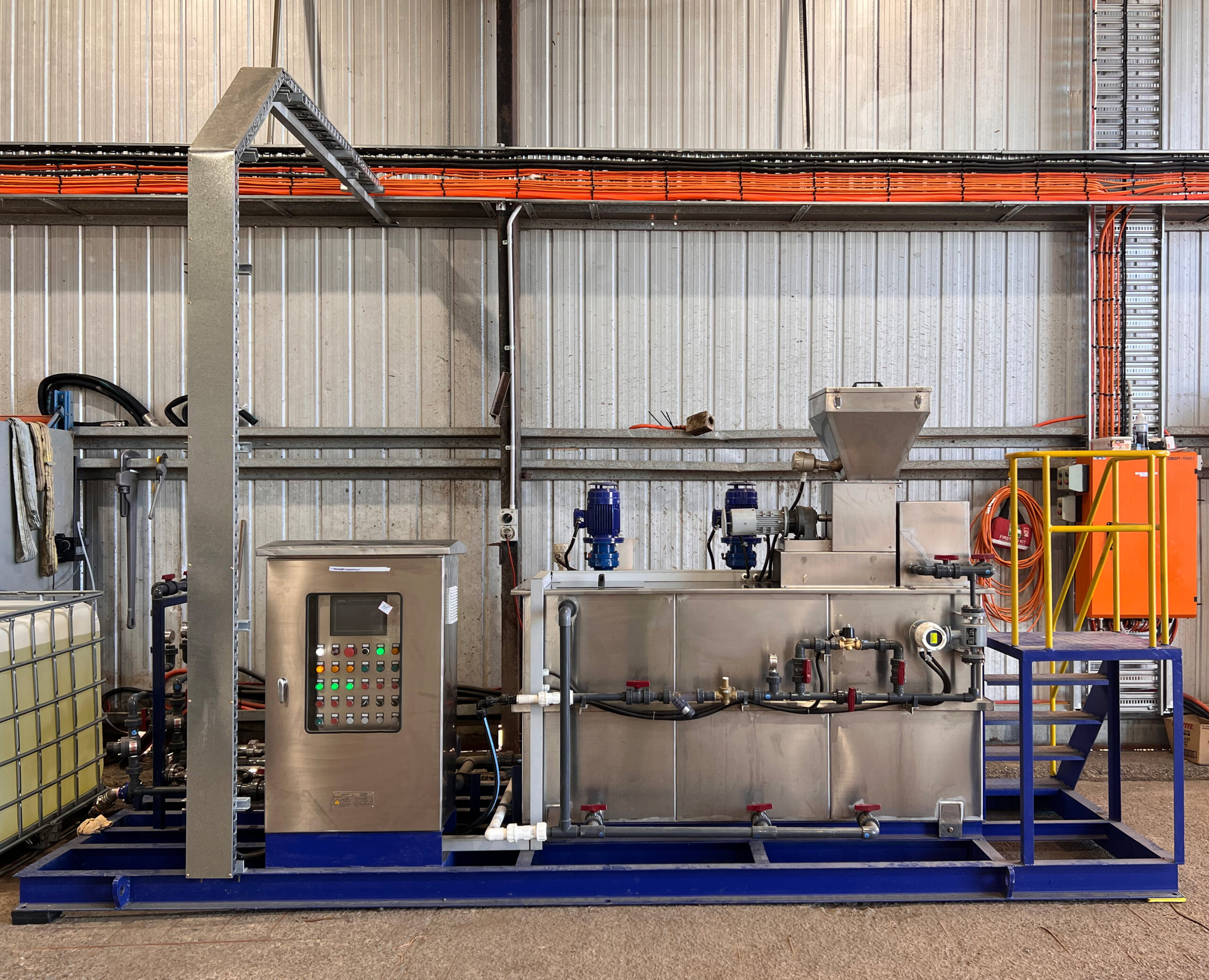Grease trap cleaning and maintenance should only be done by companies that have grease trap cleaning and maintenance experience. After you've determined how often your grease trap has to be cleaned, you'll need to pick who will clean it. While it is possible to go the DIY route, as we've seen, it can be a very unpleasant experience.
Many people are averse to dealing with large amounts of dark, odorous grease. Furthermore, many businesses lack the necessary equipment to deal with it safely. As a result, it's best to enlist the help of our grease trap experts to do the task properly.
Grease trap cleaning is one of our specialities at Argus Waste Recycling.
Grease trap cleaning services we offer include:
- Grease trap waste cleaning and removal by trained and licenced driver/operators
- A Grease trap cleaning service tailored to your specific requirements and to your environment
- Grease trap inspections and report of any problems
- Grease trap auditing to maintain service standards
- Electronic waste tracking of your grease trap waste
- Transporting to our own EPA licensed facility for treatment, recycling and resource recovery
- Service reporting provided to your local authorities on your behalf
- Attention to OH&S standards and all local regulatory requirements
- 24/7 Emergency Response Service for our clients


